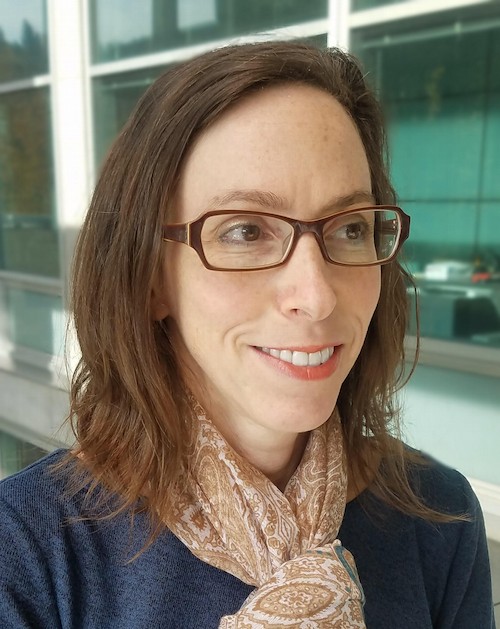Researchers at the University of Colorado Anschutz Medical Campus will lead a four-year, multi-institution effort to study the effects of post-acute sequelae of SARS-CoV-2 infection (PASC), or long COVID, with more than $11 million in first-year funding from the National Institutes of Health (NIH). More than 30 research teams across the country will study and share data in real time as part of the Researching COVID to Enhance Recovery (RECOVER) Initiative, a centralized effort that will enable research with a nationally representative cohort of patients with long COVID.
CU Anschutz researchers will lead a national program to use electronic health record (EHR) data to research long-COVID symptoms, risk factors and treatments. The program will utilize the National COVID Cohort Collaborative’s (N3C) EHR repository, the largest publicly available database of de-identified records from patients with COVID-19 in the United States.
“PASC is an ongoing health crisis and must be examined and addressed. Working with a database of diverse patient information, as well as investigators from different disciplines, we can paint an accurate picture of who is susceptible to lingering COVID and why,” said Melissa Haendel, PhD, Marsico professor of data science and chief research informatics officer at the University of Colorado School of Medicine, who also co-leads N3C.
Data critical to understanding COVID
Recovery from COVID-19 varies from person to person. Many people make a full recovery, but others continue to experience symptoms related to the infection or develop new symptoms over time. Common symptoms include pain, headaches, fatigue, “brain fog,” shortness of breath, anxiety, depression, fever, chronic cough and sleep problems. Current data suggest that about 10-30% of those who have had an acute infection will experience persistent symptoms lasting at least one month and many patients have debilitating disease even a year later.
According to Haendel, “Utilizing shared, aggregated data about patients and the virus has proven critical in understanding many things about the way COVID-19 works, and has provided answers to crucial questions about who the virus attacks and why.”
“In the RECOVER Initiative, we will partner with patients, health systems and scientists nationwide to understand PASC in both adults and children,” said Tellen Bennett, MD, MS, director of informatics at the Colorado Clinical and Translational Sciences Institute and an attending physician in the Pediatric ICU at Children’s Hospital Colorado.
Machine learning models seek patterns
The team has already developed machine learning (ML) models trained to identify patterns in EHR data to help identify potential long COVID patients for research studies.
“We found the ML models had notable accuracy and are looking forward to working with the RECOVER Initiative to facilitate robust research on the mystifying disease that is long COVID,” said Haendel.
Haendel and Bennett will serve as principal investigators (PIs), and the University of Colorado Anschutz Medical Campus will be the program contact site with co-leadership with:
- Emily Pfaff, PhD, MS, University of North Carolina
- Christopher Chute, MD, DrPH, Johns Hopkins University
- Richard Moffitt, PhD, Stony Brook University




.png)
